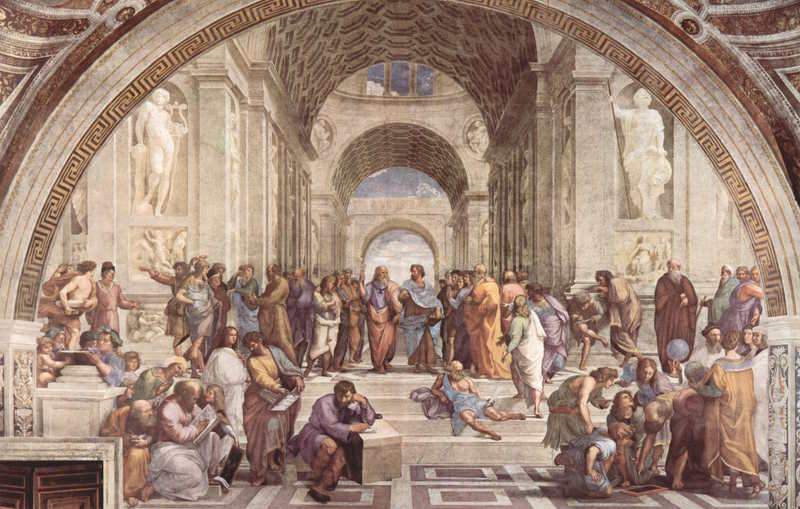The history of essential oils can be traced back thousands of years, to ancient civilizations such as Egypt, China, India, and Greece. These cultures recognized the medicinal and therapeutic properties of plant extracts and used them in a variety of ways, including for religious ceremonies, beauty treatments, and medicinal purposes.
Egyptians were among the first to use essential oils, and they are credited with creating the first distillation apparatus for extracting essential oils from plants. They used these oils for embalming and religious ceremonies, as well as for medicinal purposes. The famous Egyptian queen Cleopatra was known for her use of essential oils in her beauty treatments.
In India, the ancient practice of Ayurveda uses essential oils as part of its holistic healing approach. Indian healers believed that essential oils could balance the body and mind and promote overall health and wellbeing.
In China, essential oils were used in traditional medicine as far back as 2,000 years ago. Chinese healers used plant extracts for their antiseptic, anti-inflammatory, and analgesic properties, among others.
In ancient Greece, essential oils were used in medicine and were highly valued for their medicinal properties. The famous Greek physician Hippocrates, often referred to as the father of modern medicine, used essential oils in his medical practice.
During the Middle Ages, essential oils continued to be used in medicine and were highly valued for their therapeutic properties. In Europe, essential oils were used for treating various ailments, including the bubonic plague.
In the 19th century, the development of modern chemistry led to the discovery of new methods for extracting essential oils. French chemist Rene-Maurice Gattefosse is credited with coining the term “aromatherapy” in 1928, which refers to the therapeutic use of essential oils.
Since then, essential oils have continued to gain popularity as a natural remedy for a variety of ailments, from stress and anxiety to skin conditions and digestive issues. Today, essential oils are used in a wide range of products, including perfumes, soaps, and candles, as well as in aromatherapy diffusers and topical treatments.
In conclusion, the history of essential oils is a long and rich one, with roots that go back thousands of years. Essential oils have been used for their medicinal and therapeutic properties by cultures around the world and continue to be valued today for their natural healing properties.



